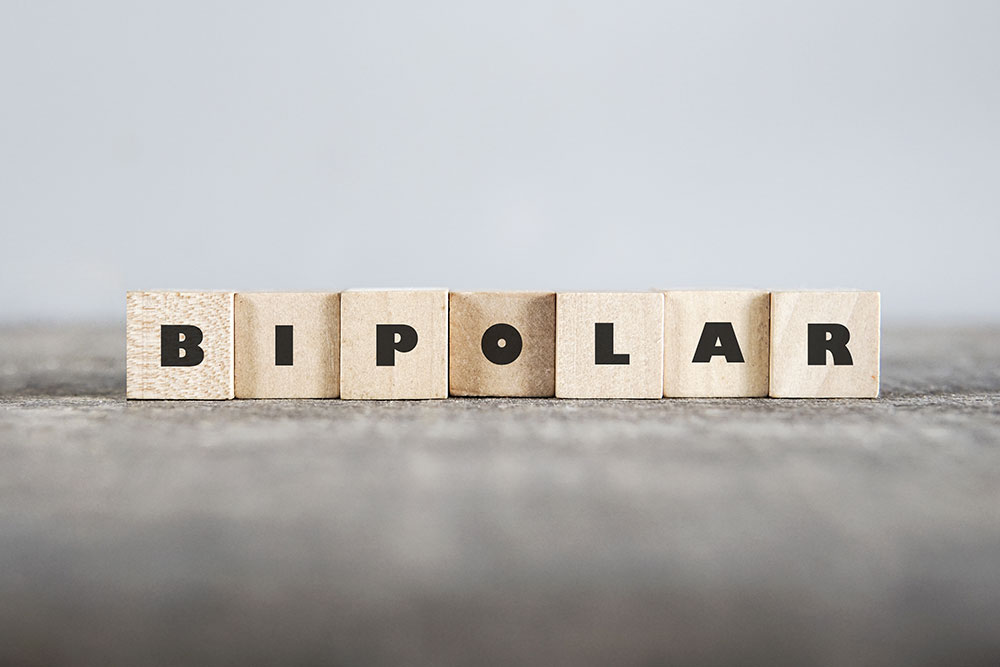If you have been diagnosed with bipolar disorder and it impacts your ability to work, you may qualify for disability insurance benefits based on your condition. This article will discuss the key points to consider when you are filing a claim for disability insurance benefits for bipolar disorder, along with tips to help you navigate the claim process.
Table of Contents
- What Is Bipolar Disorder?
- Is Bipolar Disorder Disabling?
- Can You Qualify for Disability Insurance Benefits Based on Bipolar Disorder?
- How Much Will My Disability Insurance Benefits be for Bipolar Disorder?
- How Long Will My Disability Insurance Benefits Last for Bipolar Disorder?
- What if My Claim for Disability Insurance Benefits for Bipolar Disorder Is Denied?
What Is Bipolar Disorder?
Bipolar disorder, also called manic depression, is a complex mood disorder defined by episodes of extreme mood disturbances. Bipolar disorder is classified in the American Psychiatric Association’s Diagnostic and Statistical Manual of Mental Disorders (DSM-V). The DSM-V recognizes two major types of bipolar disorder – bipolar I disorder and bipolar II disorder – as well as cyclothymic disorder and bipolar disorder due to another medical condition. Bipolar I disorder involves more severe episodes of mania and often depression. In comparison, bipolar II disorder involves less severe bouts of hypomania and at least one major depressive episode. Both bipolar I and bipolar II disorder may involve symptom-free periods. It is also common for individuals with bipolar disorder to suffer from other co-morbid mental health and/or substance use disorders.
Is Bipolar Disorder Disabling?
While many people with bipolar disorder are able to maintain their level of functionality, others cannot. An estimated 4.4% of U.S. adults are diagnosed with bipolar disorder at some point in their lives. Of those with bipolar disorder, 82.9% of people have severe impairments, the highest percentage of serious impairment among mood disorders. The remaining 17.1% of people with bipolar disorder have a moderate impairment. If you have bipolar disorder, and it interferes with your ability to work and complete your day-to-day activities, you may have a disability for which you can seek disability insurance benefits.
Can You Qualify for Disability Insurance Benefits Based on Bipolar Disorder?
If your bipolar disorder is interfering with your ability to perform your job or report to work on a regular basis, you may qualify for disability insurance benefits. Although every policy defines disability differently, most short– and long-term disability policies initially define disability as the inability to perform the material duties of your occupation due to a psychiatric and/or medical condition. After a period of typically 12, 24, or 36 months, the definition of disability often changes, and the insurance company/plan administrator will be considering whether your condition prevents you from performing the material duties of any other occupation for which you are reasonably qualified.
Common symptoms of bipolar disorder that can impact your ability to maintain employment include mania, depression, anxiety, paranoia, fatigue, energy loss, sleeplessness, insomnia, decreased motivation, anhedonia, agoraphobia, unpredictable mood swings, erratic behavior, psychosis, weight or appetite changes, hallucinations or delusions, impaired social functioning, disrupted speech, reckless behaviors, violent tendencies, racing thoughts, and mental confusion or distractibility. If you are seeking disability insurance benefits for bipolar disorder, it is also important that you maintain and comply with your recommended treatment regimen.
How Much Will My Disability Insurance Benefits be for Bipolar Disorder?
The amount of your disability insurance benefits is typically based on a percentage of your pre-disability monthly income, such as 60% or 66.67%. If you received bonuses and/or commissions as part of your compensation, that may be excluded from the definition of monthly income, but it depends on the terms of your specific plan. Other plans, particularly individual disability insurance policies, provide a defined benefit amount based on your pre-disability earnings.
How Long Will My Disability Insurance Benefits Last for Bipolar Disorder?
While most disability plans pay benefits for as long as you remain unable to work until you reach normal retirement age, disability benefits for substance use disorders and other mental illnesses, including bipolar disorder, are often limited to a shorter payment period up to a maximum period of typically 24 or 36 months. Nevertheless, your disability benefits cannot be limited based on bipolar disorder or any other mental illness if you have a co-morbid medical condition that is also disabling. If that is the case, you must advise the insurance company of your co-morbid medical condition as well. In addition, some plans do not include specific mental health conditions or cognitive disorders in their lists of diagnoses subject to the limitation. It is essential that you understand the particular terms and restrictions contained in your plan.
What if My Claim for Disability Insurance Benefits for Bipolar Disorder Is Denied?
If your claim for disability insurance benefits is denied, you have options. You will likely have the opportunity to submit an appeal to the insurance company or plan administrator. At that time, you can provide additional evidence detailing the severity of your bipolar disorder, your restrictions, and your treatment regimen. Such evidence can include pharmaceutical records, psychotherapy notes, group therapy records, hospitalization files, and neuropsychological evaluation reports, amongst other things. If the insurance company or plan administrator still refuses to overturn its denial of your claim on appeal, you will then have the option to file a lawsuit in court for the benefits due.
If you have bipolar disorder and are considering filing a claim for disability insurance benefits, it is crucial that you consult with an expert, like the attorneys at DeBofsky Law, who can advise you on your plan’s specific terms and limitations. The attorneys at DeBofsky Law are here to help you navigate the complicated process of applying for disability insurance benefits so that you can focus on your mental health.







